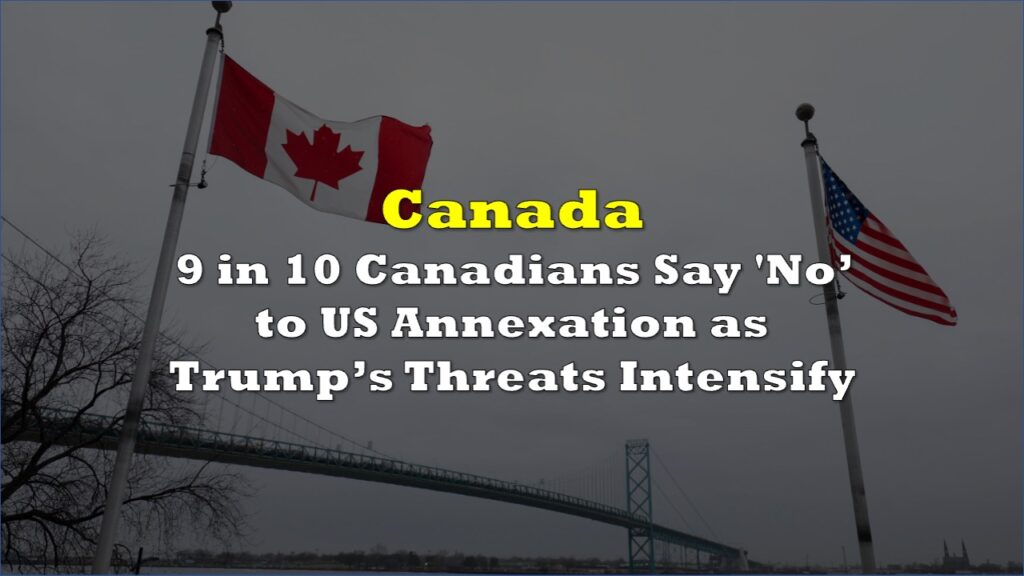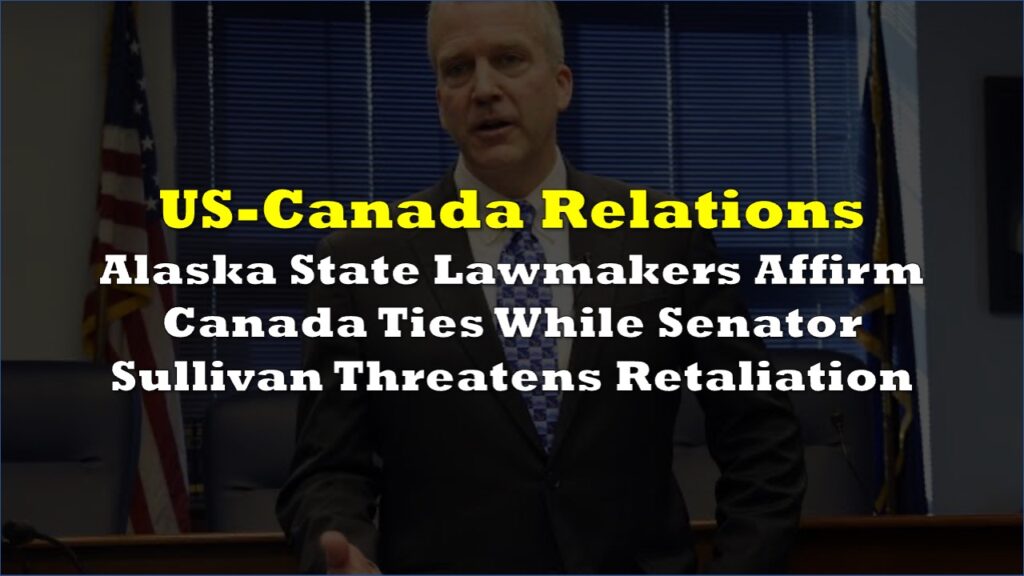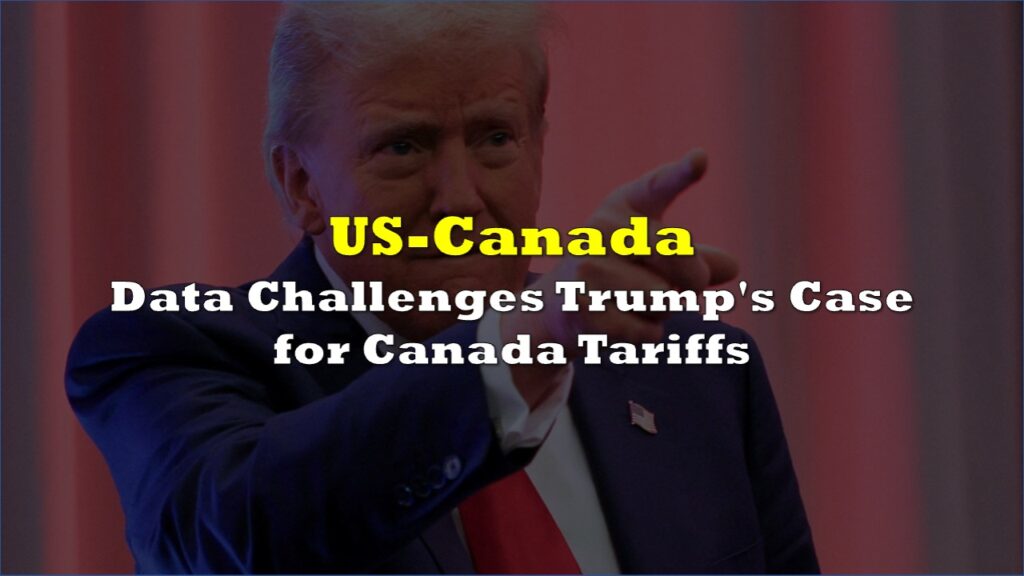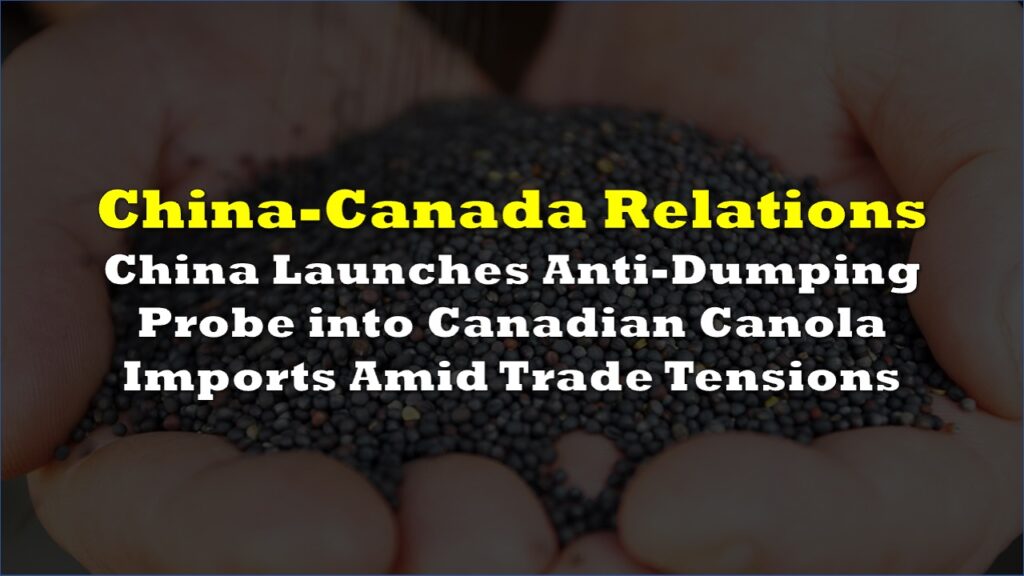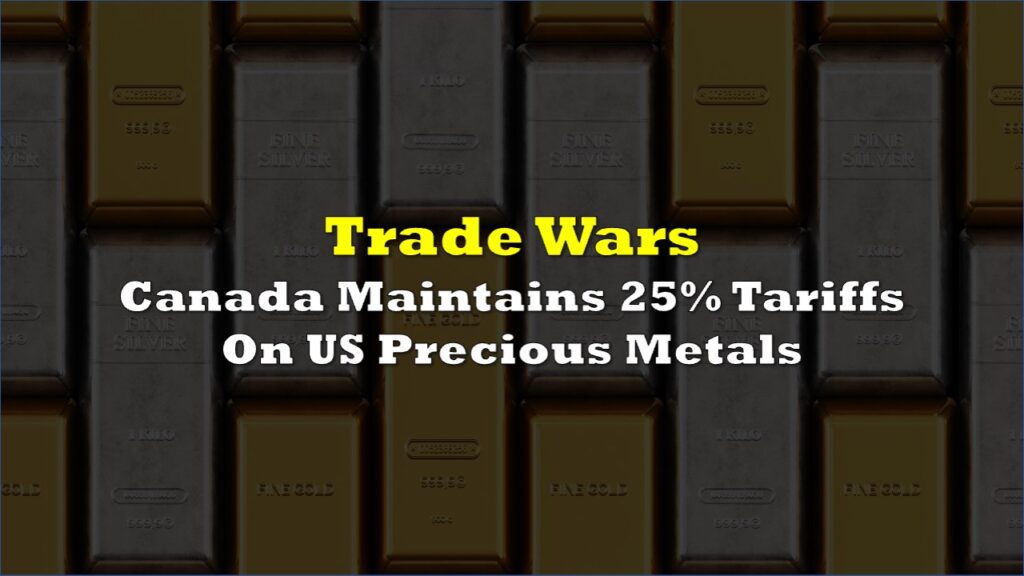As trade relations between Canada and the United States face uncertainty, China has signaled a willingness to deepen economic ties with Ottawa. The world’s second-largest economy appears to be capitalizing on shifting global dynamics, positioning itself as a key trading partner for Canada in the face of mounting U.S. protectionism.
Relations between Canada and China reached a nadir in 2019 following the arrest of Huawei executive Meng Wanzhou in Vancouver on a U.S. extradition request. In apparent retaliation, Beijing detained two Canadian citizens, Michael Kovrig and Michael Spavor, and imposed restrictions on imports of Canadian products such as canola, soybeans, and pork. These measures cost Canadian producers billions of dollars in lost revenue.
However, diplomatic channels have been cautiously reopening. Canadian Foreign Affairs Minister Mélanie Joly’s visit to China in mid-2023 aimed to restore communication between the two nations, laying the groundwork for potential trade discussions. Beijing, led by Ambassador Wang Di, has expressed interest in revisiting trade talks, emphasizing principles of “mutual respect” and “win-win results.”
I told you someone else would buy our uranium, oil and potash if the Americans want to tax themselves when they buy.
— Tablesalt 🇨🇦🇺🇸 (@Tablesalt13) January 9, 2025
Well, here it is. pic.twitter.com/3UxR3bGFup
China’s as a Trade Partner
China has framed itself as a counterweight to U.S. trade dependency, presenting opportunities for Canadian businesses in sectors such as agriculture, green technology, and clean energy. Former Canadian Ambassador to China, Guy Saint-Jacques, noted Beijing’s past arguments that Canada should diversify its trade relationships.
“They would tell me, ‘We have complementary economies. Why don’t we try to increase trade flows?’” Saint-Jacques said.
China’s embassy in Ottawa recently reiterated this sentiment, stating it is prepared to “create a good environment for China-Canada economic and trade cooperation.”
Canadian exports to China exceeded $30 billion in 2023, making China Canada’s second-largest trading partner after the United States. With the U.S. imposing tariffs on Canadian goods and pushing a containment agenda against Beijing, some analysts see this as a pivotal moment for Canada to reassess its trade priorities.
As the world pivots toward sustainable practices, Canada’s expertise in green technology could align with China’s ambitions to ramp up its clean energy initiatives. Carlo Dade, director of trade and infrastructure at the Canada West Foundation, emphasized the potential for collaboration.
“If China is serious about investing in clean energy, can we talk to them about carbon capture and other technologies?” Dade remarked.
Agriculture also presents a lucrative opportunity. China’s drive to modernize its farming practices and increase food security could spur demand for Canadian agricultural technology and expertise.
Navigating Risks
Despite potential benefits, experts caution against naivety in dealing with China. Concerns over technology theft and intellectual property violations remain significant.
“We’re not naive about China. We’re saying this knowing China is China,” Dade stated, acknowledging the challenges of doing business with the nation.
Canada must also contend with potential backlash from the United States. A closer trade relationship with Beijing could complicate Canada’s ties with its largest trading partner, which accounts for over $592 billion in exports annually.
“The Americans are demanding that we cut trade with China,” Dade said. “But we can point to their own actions, like the Phase One trade agreement, as evidence of pragmatic engagement.”
China’s overtures underscore the need for Canada to adopt a nuanced trade policy. While diversifying away from U.S. dependency is prudent, the geopolitical implications of aligning more closely with Beijing cannot be ignored.
“Any trade expansion with China would need to be low-profile,” Dade warned. He suggested that Canada could frame such moves as necessary economic pragmatism, avoiding explicit endorsements of China’s broader agenda.
This comes after U.S. President-elect Donald Trump declared, “We don’t need anything that Canada has,” reigniting debates about the depth and complexity of the U.S.-Canada economic relationship. The incoming administration plans to impose 25% tariff taxes on Canada and Mexico, a move that’s got the North American neighbors revisiting their respective relationships with the United States.
Information for this briefing was found via The Globe And Mail and the sources mentioned. The author has no securities or affiliations related to this organization. Not a recommendation to buy or sell. Always do additional research and consult a professional before purchasing a security. The author holds no licenses.





